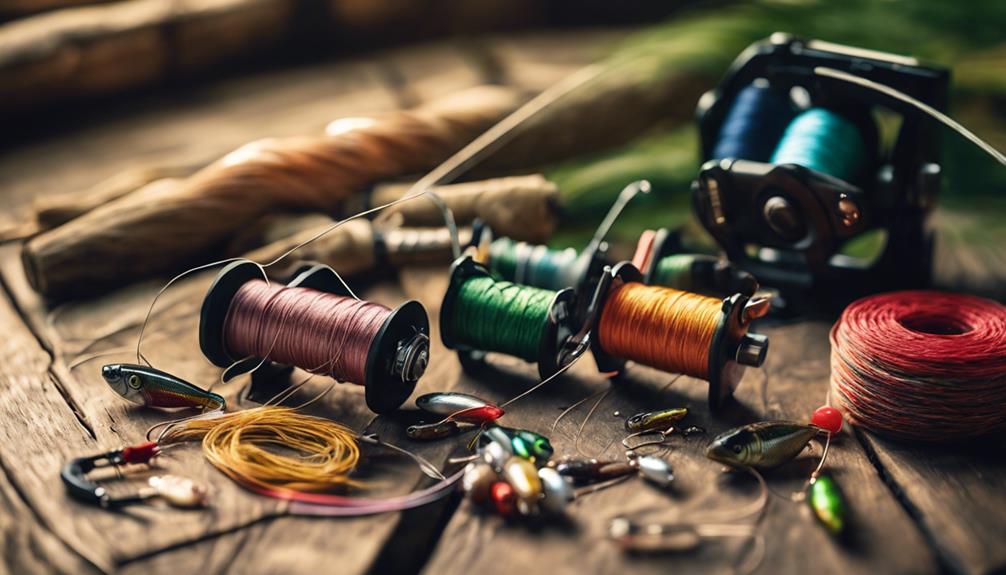Fishing is a cherished pastime for many, but understanding the regulations surrounding it is crucial for responsible anglers. One of the most common questions among novice fishermen and women is, “What age do I need a fishing licence?” In this article, we’ll explore the requirements for obtaining a fishing licence, the age limits that vary by state or country, and the benefits of having a licence.
Understanding Fishing Licences: A Key to Responsible Angling
A fishing licence is a legal document that grants individuals the right to fish in specific waters. It is issued by governmental agencies and helps regulate fishing activities to protect fish populations and aquatic ecosystems. One of the primary purposes of requiring a licence is to promote responsible fishing practices, ensuring sustainability for future generations. Before heading out to your favorite fishing spot, it’s essential to know the age requirements for obtaining a fishing licence in your area.
Age Requirements for Fishing Licences in the United States
In the United States, the age at which you need a fishing licence can vary significantly from state to state. Generally, most states require individuals aged 16 and older to possess a valid fishing licence. However, some states have different regulations; for instance, some allow children under 16 to fish without a licence, while others may require a junior or youth licence for those aged 12 to 15. Always check your state’s wildlife agency website for specific age requirements and regulations before heading out to fish.
International Fishing Licence Age Regulations
If you’re planning to fish abroad, it’s important to research the fishing licence requirements of that country. Many countries have similar age restrictions to the U.S., requiring individuals over a certain age to obtain a fishing licence. For example, in Canada, the legal age to require a fishing licence typically starts at 18. However, youth under this age can often fish with a parent or guardian who holds a valid licence. Always familiarize yourself with local regulations to avoid any potential fines or repercussions.
Exceptions to Fishing Licence Rules
There are certain exceptions to fishing licence requirements that can vary by state or country. Many regions offer free fishing days where residents can fish without a licence. Additionally, some states allow children and youth to fish without a licence if they are accompanied by an adult who has one. Some states may also provide specialised licences for people with disabilities or veterans. Understanding these exceptions can enhance your fishing experience and make it more accessible for everyone involved.
The Importance of Having a Fishing Licence
Having a fishing licence is not just about following the law; it also plays a vital role in conservation efforts. The fees collected from fishing licences often go towards maintaining fish populations, restoring natural habitats, and funding wildlife education programs. By obtaining a fishing licence, you are contributing to the sustainability of aquatic ecosystems and ensuring that fishing remains a viable activity for future generations. It shows a commitment to responsible angling and environmental stewardship.
How to Obtain a Fishing Licence
Obtaining a fishing licence is typically a straightforward process. Most states offer online applications, allowing you to purchase your licence from the comfort of your home. You may also find physical locations such as sporting goods stores or wildlife agency offices where you can apply in person. When obtaining your licence, be ready to provide personal information, proof of residency, and payment for the associated fees. Once you have your licence, keep it with you while fishing, as you may be required to present it to wildlife enforcement officers.
Understanding Fishing Rules and Regulations
Along with knowing what age you need a fishing licence, it’s crucial to understand the various fishing rules and regulations that come along with it. These regulations often include limits on the number of fish you can catch, specific seasons for certain species, and designated fishing areas. Familiarizing yourself with these rules not only enhances your fishing experience but also helps protect local ecosystems. Many states provide educational resources and guides that outline these regulations, so take the time to read and understand them.
Conclusion: Be Responsible and Enjoy Fishing
In conclusion, knowing the answer to the question, “What age do I need a fishing licence?” is fundamental for anyone who wants to enjoy this rewarding hobby legally and responsibly. While the typical age requirement is 16 in many states, variations exist, especially when considering international fishing regulations. By obtaining a fishing licence, you are not only complying with the law but also contributing to the conservation of aquatic environments. Always be sure to stay informed about the rules and enjoy your time on the water, knowing you’re doing your part in preserving it for future anglers. Remember, responsible fishing starts with understanding the regulations and respecting natural resources. Happy fishing!
